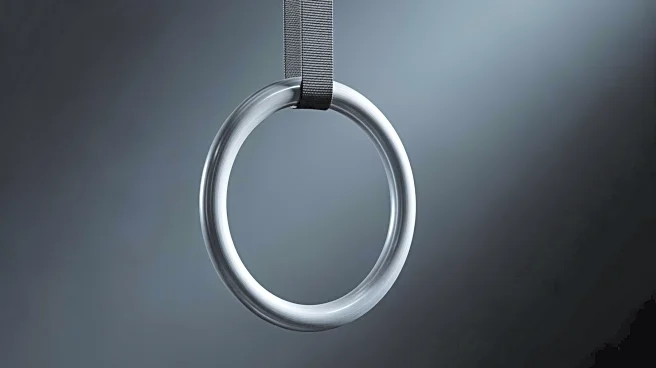Rapid Read • 8 min read
A recent article in The Atlantic discusses the decline of politeness in modern society, particularly in online environments, and its impact on personal well-being. The piece references Robert Heinlein's 1982 novel 'Friday,' which predicted a loss of gentle manners as a sign of cultural decline. The article argues that the adoption of digital technologies has contributed to a coarsening of manners, leading individuals to become less polite, even towards nonhuman entities like AI bots. This shift in behavior is linked to decreased happiness and increased depression and anger. The article suggests that politeness is not only a set of behaviors but also a personality trait, influenced by genetics and upbringing, and emphasizes the importance of cultivating positive habits to improve personal well-being.
AD
The decline in politeness has broader implications for society, affecting interpersonal relationships and overall happiness. As digital interactions become more prevalent, the loss of courteous behavior can lead to increased social friction and decreased mental health. The article highlights research showing that being polite to others, including nonhuman entities, can improve mood and reduce anger. This suggests that fostering politeness could be a key strategy for enhancing personal and societal well-being. The findings underscore the importance of addressing the cultural shift towards rudeness and promoting positive social interactions, which could have significant benefits for mental health and social cohesion.
The article proposes several strategies for individuals to counteract the trend of declining politeness. These include making courtesy a habit, renouncing snark, and responding to rudeness with politeness. By consciously adopting these behaviors, individuals can improve their own well-being and contribute to a more courteous society. The article suggests that politeness can act as a countercultural force, empowering individuals to resist the cultural norm of rudeness and embrace a more positive and fulfilling way of interacting with others.
The exploration of politeness touches on deeper cultural and ethical dimensions, such as the role of technology in shaping social norms and the potential for individuals to influence cultural trends through personal behavior. The article suggests that politeness can be seen as a form of resistance against the prevailing culture of incivility, offering a path to greater personal freedom and happiness. This perspective invites readers to consider the long-term implications of their interactions and the potential for positive change through individual actions.
AD
More Stories You Might Enjoy













